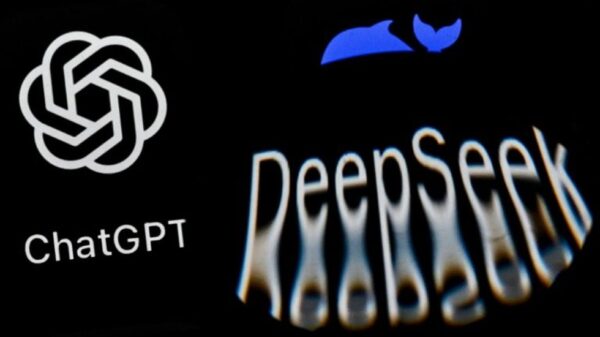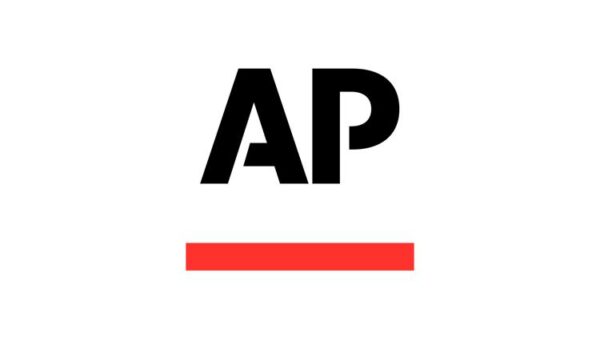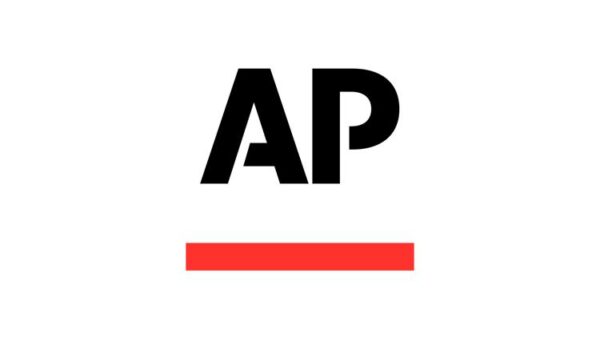URGENT UPDATE: A bipartisan coalition is forming to tackle the urgent need for regulations surrounding unregulated technological advancements, particularly in the rapidly evolving artificial intelligence (AI) sector. Representatives from both the Democratic and Republican parties are coming together to ensure that robust safeguarding measures are established to protect the public.
Just announced: The new initiative, called Public First, aims to bring regulatory frameworks to the forefront of AI development. Led by Republican Chris Stewart and Democrat Brad Carson, the coalition emphasizes that the need for regulation transcends party lines. Carson stated, “This issue is one that transcends party labels,” highlighting the growing concern among lawmakers regarding AI’s impact on society.
As concerns about AI’s implications rise, states like California and New York are already taking action. Recently, California Governor Gavin Newsom signed a bill mandating major AI companies to publish and adhere to safety policies, while a similar measure has passed in New York. In Republican-led states, such as Florida, the GOP is also considering legislation to regulate AI technologies.
In addition, a separate group known as Leading the Future has been established, pledging to use $100 million in donations to reshape the political landscape surrounding innovation policy. Notably, Andreessen Horowitz, a prominent super PAC, has committed $25 million in 2025, with an additional $25 million set for next year. Tech leader and OpenAI co-founder Greg Brockman, an advocate for “AI centrism,” argues that thoughtful regulation is crucial for unlocking AI’s potential to enhance quality of life.
Despite these advancements, recent reports indicate that sweeping policies addressing AI and healthcare were shelved by the Trump administration amid ongoing internal GOP conflicts. According to Burgess Everett and Eleanor Mueller of Semafor, proposals aimed at extending expiring healthcare subsidies and banning state AI regulations are now in limbo, reflecting the divisions within the Republican party.
As this situation develops, the urgency for a cohesive regulatory framework grows, making it essential for lawmakers to act swiftly. The collaboration between Democrats and Republicans on this issue signals a significant shift in the political landscape, as both parties recognize the necessity of safeguarding against the potential risks posed by unregulated AI technologies.
What’s next? The bipartisan coalition will be closely watched for its effectiveness in implementing regulations that protect citizens from potential AI risks while fostering innovation. As discussions continue, public engagement and support for these initiatives will be key to their success. Stay tuned for further updates on this critical issue as it unfolds.



































































